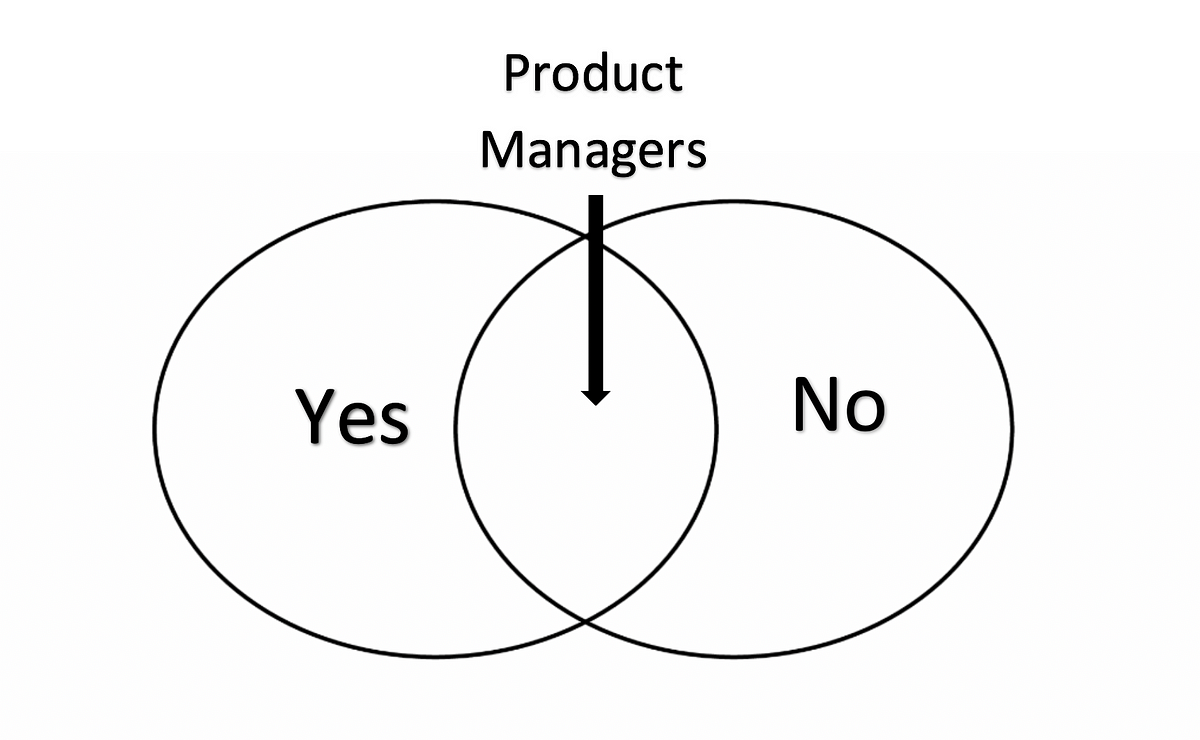If you’re a product manager, you’ve probably been asked to work on a project within a tight deadline, which means putting in extra hours late-night and weekends. When that happens, who are the people you want on your team? What adjectives would you use to describe them?
When I asked these questions at a talk I gave at Product School, the answers were not smart or successful. The adjectives were patient, flexible, thoughtful, collaborative, empathetic, and even funny. That’s because if you’re going to spend that much time with people in close quarters, you better like them and get along.
With product managers, the softer, more compassionate side, is extremely important because a big part of being good at the job is relationship-building. To be frank, resumes may get applicants in the door, but I rarely rely on them during interviews when making my decision on who to hire.
For me, it always comes down to emotional intelligence, or EQ. In other words, how well potential hires can manage their own emotions and adapt to others’ emotions. So how do you interview for that? Here’s how I figure out the right fit for the role before extending an offer.
If applicants can tell a good story, they’ll also be good PMs. In this role, they need to be able to express their point of view. Product managers don’t live in a black and white world of yes and no, but more so in the gray of what ifs and maybes.

A product manager partners with a developer, a designer, an engineer, and a marketer, who are all relying on that PM to make the final decision. It’s the PM’s job to drive the train and get everyone on board.
It is up to the product manager to understand when something is not quite right and to address it or to know when to let it go. It’s easy for team members to check out. They may not think the meeting your running is a valuable way to spend their time. Others may be distracted from the project for personal reasons. Product managers are expected to be able to walk into a meeting and gauge people — and not just read their emotions but react to them properly.
I make a mental note of how well a potential PM interacts with others when I introduce them to the team and around the office, and of course with how they engage with me as the interviewer.
Lizard brain is a primitive reaction to a situation, such as feeling anger or fear in the moment, which can lead to losing control. During the interview process, it is simple to see how people respond under pressure. You can notice cues from body language or impulses based on how interviewees respond to questions that may catch them off guard.
Product managers who are able to manage their emotions well are more likely to succeed in the role. They’ll often be put in high-stress environments, making critical business decisions or meeting with leadership. It is imperative that the person in this position can keep their composure rather than letting their feelings get the best of them — which can otherwise be damaging to the team or the company.
What I’ve learned as a product manager is that clients don’t really want the bells and whistles; they want to be able to do something more efficiently. It’s important the people in this role are good listeners and can empathize with others, particularly those for whom they are building products.
Perfectionists or people who are married to their products often don’t do well as product managers unless they can understand the work the entire team does, including engineers, designers or marketers, to create successful products and take all perspectives into account.
It’s especially important to be empathetic to your end users. Continue to ask for feedback, even if you don’t like it. After all, product managers are not building products for themselves but for the customer and, therefore, must be okay with changing course.
